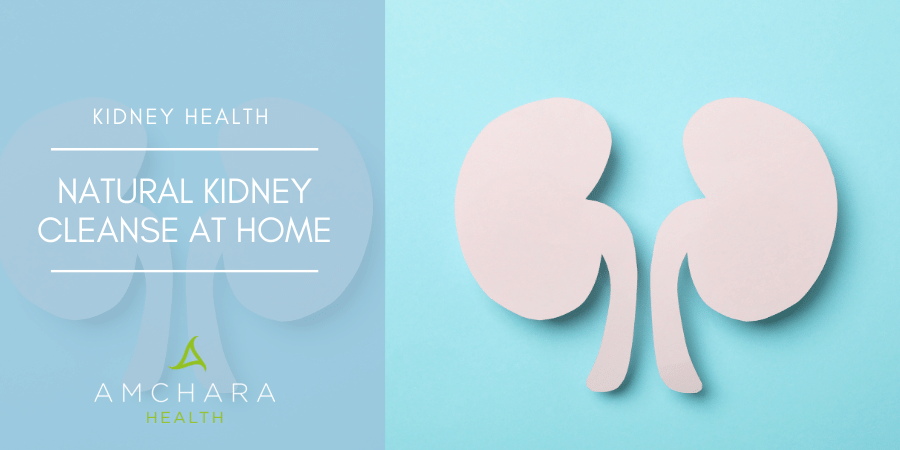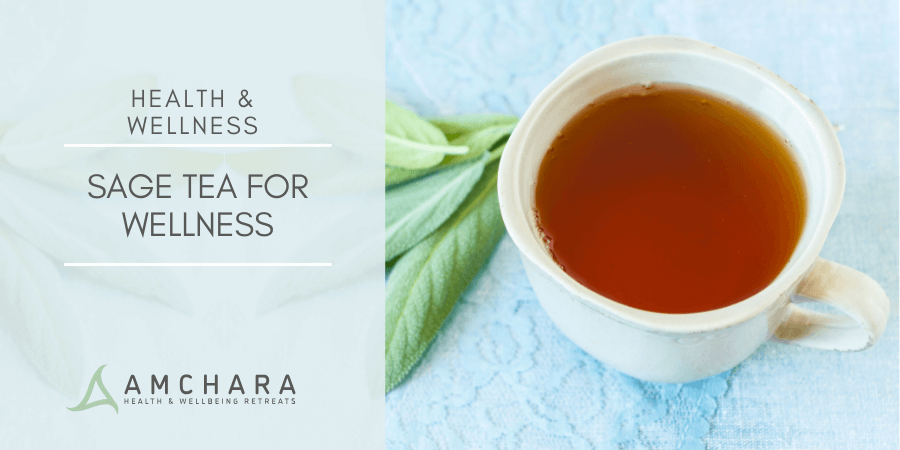What do your kidneys do?
Your kidneys play a vital role in the functioning of your body and are mainly responsible for eliminating toxic substances from the body. They work to remove excess fluid, water-soluble waste products and environmental toxins from the body, as well as removing acid produced by cellular function.
The kidneys help regulate the blood’s pH balance by ensuring the blood’s plasma is not too acidic; they do this through regulation of ion concentrations, notably sodium, calcium and potassium.
The endocrine system is responsible for releasing hormones that control many important functions, and your kidneys play multiple endocrine roles, secreting important hormones, such as Vitamin D and erythropoietin, as well as producing enzymes that support production of hormones in other parts of the body.
Our articles are always evidence-based, and orientated towards a holistic and Personalised Health approach; we aim to provide you with actionable knowledge and tips to help you on your journey to optimal health.
In this article, we will take a closer look at what you can do to cleanse your kidneys and support kidney health, to ensure they are performing at their best.
If you have a history of kidney problems, you should always consult your health practitioner before trying any new natural approaches to enhance your kidney health, to avoid any contraindications and ensure you are taking into account your individual health circumstances.
How to cleanse and support your kidneys
Hydration
Drinking plenty of water is probably the single most important thing you can take to support your kidneys. If you think of your kidneys as a filtration system for your body, it makes sense that they need plenty of water to function effectively. Water enables your kidneys to filter toxins and secrete urine, and urine is the main mechanism for your body to get rid of unwanted waste, such as toxic substances.
It follows that if you don’t drink enough water, you will not urinate as much – so as well as meaning your kidneys aren’t able to function optimally, low urine can itself contribute to problems with the kidneys, such as kidney stones.
Maintaining adequate levels of hydration is vital for supporting all aspects of health and effective functioning of bodily symptoms. Try keeping a bottle of water with you at all times, and getting into the habit of drinking small amounts regularly throughout the day.
Lemon water
Lemons contain the highest concentration of citrate of any citrus fruit; too much calcium in the kidneys can build up and form kidney stones – citrate can inhibit this by preventing the build up of calcium, so drinking lemon juice (diluted with water) can be beneficial for your kidney health. Lemon water is also a good option if you find drinking plain water boring.
Herbs
Traditionally, various herbal remedies have been used to enhance the body’s natural detoxification pathways, and many are thought to be useful in specifically cleansing and supporting the kidneys as well as other important detoxification organs such as the liver and lungs.
Coriander
Coriander has potent detoxification properties and is traditionally thought to help support the kidneys. An animal study found that supplementing with coriander helped decrease the levels of toxic metals, lead and mercury, in the kidneys, thus reducing their damaging effects. Coriander seeds have antioxidant benefits which may help prevent diabetes-related kidney damage.
Dandelion
Dandelion roots are used to help detoxify the gallbladder and liver, whilst dandelion leaves can help support kidney function. One way dandelion supports the kidneys is by stimulating bile production, which helps improve digestion and reduces the amount of waste that reaches the kidneys.
Parsley
An anti-inflammatory, parsley is a natural diuretic and can help regulate urinary pH as well as reduce blood pressure. It contains luteolin, an antioxidant, which can help flush toxins from the body and support cleansing the kidneys.
Alfalfa
The leaves, sprouts and seeds of this herb are used to make medicine. It is used to manage a variety of health conditions, including high cholesterol, diabetes and osteoarthritis as well as kidney conditions. It is a good source of minerals such as iron, magnesium, potassium and phosphorus as well as vitamins A, C, E and K. Alfalfa works to regulate the pH balance in the body and help dissolve uric acid, thus increasing the kidney’s filtration rate.
Milk Thistle
The herbal therapeutic milk thistle is known to be beneficial for supporting detoxification, most commonly used to support the liver. But it also exerts a beneficial effect on other detoxification pathways, through supporting pancreatic and kidney function. Milk thistle extract is the herbal remedy derived from milk thistle and its active ingredients are known as silymarin – a group of plant compounds.
Whilst more research is needed into its direct effect on kidney health, it is worthy of consideration as a powerful aid to detoxification. Also, its anti-inflammatory and antioxidant properties may help protect against kidney disease.
Grapes
Grapes contain resveratrol, a beneficial plant compound with very high antioxidant potential. It exerts many health benefits, such as lowering cholesterol and protecting against blood clots, thus protecting the heart and circulatory system. One animal study found that resveratrol was able to lower kidney inflammation.
Watermelon
Rich in the red carotenoid pigment lycopene, which supports kidney and cardiovascular health, watermelon is a mild diuretic and can help to hydrate and cleanse the kidneys. Containing large amounts of the mineral potassium, it further supports the kidneys by aiding urine pH and helping prevent the formation of kidney stones.
Beetroot
Beetroots contain many beneficial bioactive plant compounds, including betaine, polyphenols and carotenoids. Beetroot is also thought to reduce inflammation and oxidative stress, potentially protecting kidneys against damage. It also helps to increase blood flow by increasing the body’s production of nitric oxide which dilates blood vessels.
Other foods that may exert benefits on kidney health include cranberries, seaweed, nettle, fatty fish, dark leafy greens, apples, and some teas, particularly hydrangea, green tea and sambong.
Supplements
You could also consider taking Vitamin B2 and B6, magnesium, potassium citrate, and omega-3 fatty acids to both directly and indirectly support kidney health.
Takeaway
Adequate water is vital for your kidneys, providing them with the fluids they need to function effectively and secrete urine. Eating a balanced and healthy diet will also support your kidney health, and taking some of the above steps will add to this support.
Investing in a detox health retreat is a great way to kickstart your health journey. A Personalised Health detox will help you even more, by taking into account your individual health status, needs and goals, and tailoring an approach accordingly to maximise the health benefits for you.
To kickstart your health journey, why not come to Amchara for a relaxing health retreat?
With expert advice on hand from our experienced practitioners, you can benefit from personalised health advice, tailored to your needs and goals to help you maximise your health gains.
Or if it’s difficult to find time to get away, why not try Amchara Juicery – cold-pressed, nutritious juices delivered to your door to help you boost your health, naturally. Created by Amchara’s expert in-house health team, you can enjoy a range of fresh, organic juice cleanses (and super soups) at home.




